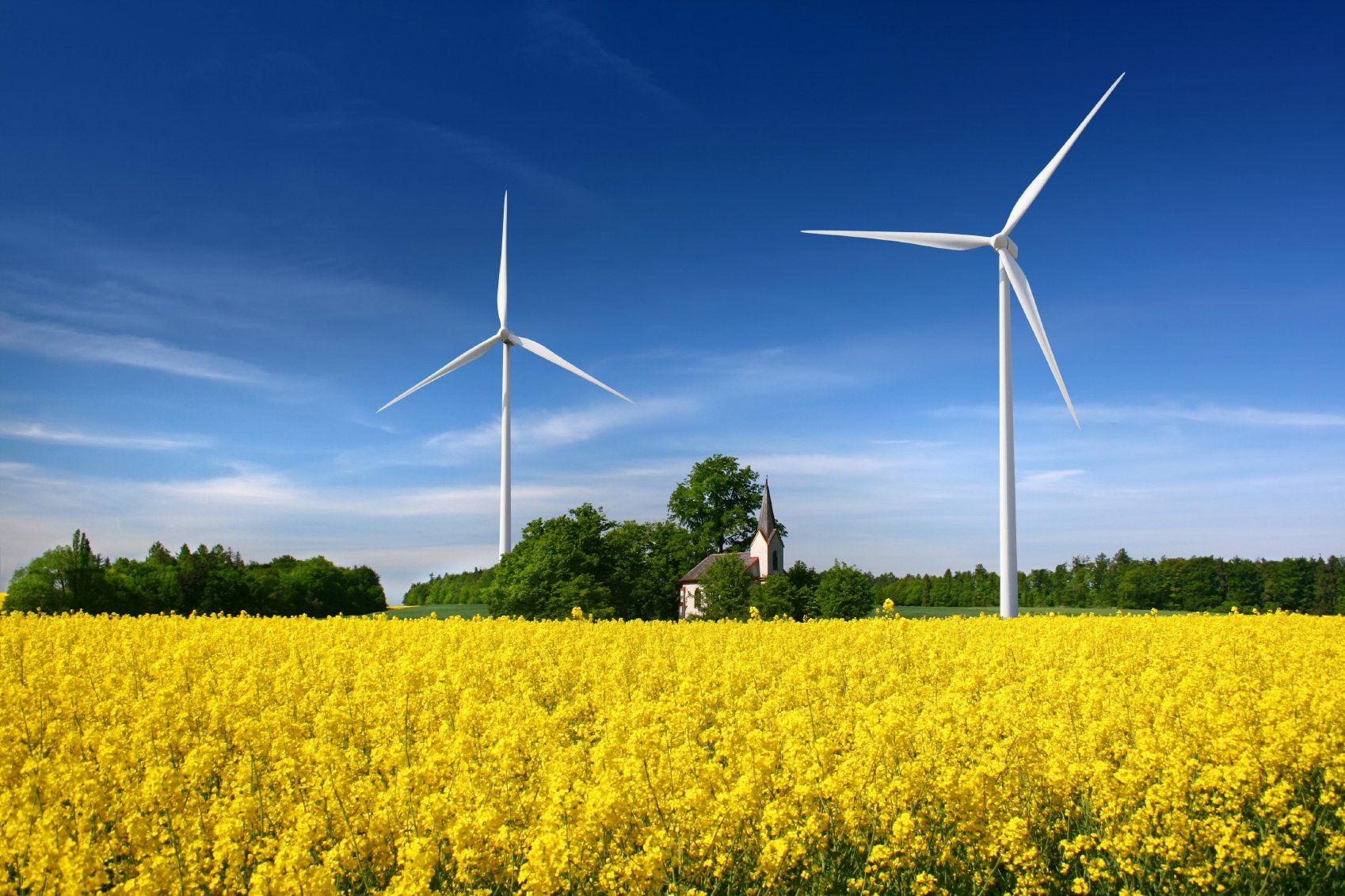Photos and Facts to our living conditions.
Population-situation
In the year 2017 already around 7,7 Bill. humans lived on the earth. The population on earth is further increasing. (UN Population Prospects 2017)
Approximately at maximum one fourth of humanity lives in industrialized countries. More and more humans want a higher standard of living. This increases the consumption of natural living-basics like natural resources, raw material, and energy. On 15. November 2022 the number of inhabitants of planet earth to reach over 8 billion: https://www.un.org/en/desa/world-population-reach-8-billion-15-november-2022 (last visit: 6 Jan. 2026).
The latest number of the world population can be seenon:
World Population Clock: 8.1 Billion People (LIVE, 2024) - Worldometer (worldometers.info) ,
(last visit: 6. Jan. 2026).
Some say there would be enough food and enough resources for more than 12 billion people, if we all would act sustainable and fair around the globe.
Further link, e.g.:
2025 – Time to get global energy goals back on track | Sustainable Energy for All (last visit: 6. Jan 2026).
Access to energy and resources
In the year 2017 around one billion humans had no access to electricity and more than 2,5 billion humans had no access to clean energy for a warm meal
(Energy Access Outlook 2017)
Many humans have no clean water and no medical service. Many humans live under inhuman conditions. The access to daily energy is a basic precondition for a human existence. The development about the amount of people with access to electricity were to be found e.g. on: https://www.iea.org/topics/energy-access
last visit: 6. Jan. 2026) .
The Covid-19-pandemic has turned down the positive development of the last years.
Another World Energy Outlook was released in October 2022 describing the latest figures and facts: World Energy Outlook 2022 – Analysis - IEA (last visit: 6. Jan. 2026) Global energy access gap persists: 675 million people without electricity, 2,3 billion people reliant on harmful cooking fuels: Basic Energy Access Lags Amid Renewable Opportunities, New Report Shows (worldbank.org) (last visit: 6. Jan. 2026).
According to the World Energy Outlook 2023 (p.183 f.), 760 million people lacked access to electricity and almost 2,3 billion people were reliant on harmful cooking fuels: World Energy Outlook 2023 – Analysis - IEA (last visit: 6. Jan. 2026).
On 26. January is international Day of Clean Energy.
International Day of Clean Energy | United Nations
(last visit: 6. Jan. 2026).
Possible future
The energy supply for the whole humanity based on renewable energy carriers from the sun, wind, biomass and geothermal is possible.
Latest developments around the topic renewable energies can e.g., be found on the internet pages from the International Renewable Energy Agency,
https://www.irena.org (last visit: 06. Jan. 2026).
For example a study from 2022: https://energyindemand.com/2022/09/09/going-to-100-renewable-energy-expensive-but-new-study-shows-payback-would-take-just-six-years/ (last visit: 6. Jan. 2026).
A new report from March 2024:.100% renewable energy scenarios: Supporting ambitious policy targets (irena.org) (last visit: 6. Jan. 2026).
Further links, e.g.:
Renewable Energy Trends to Watch in 2025 or
World Energy Council World Energy Issues Monitor 2025 | World Energy Council
(last visit: 6. Jan. 2026).
















